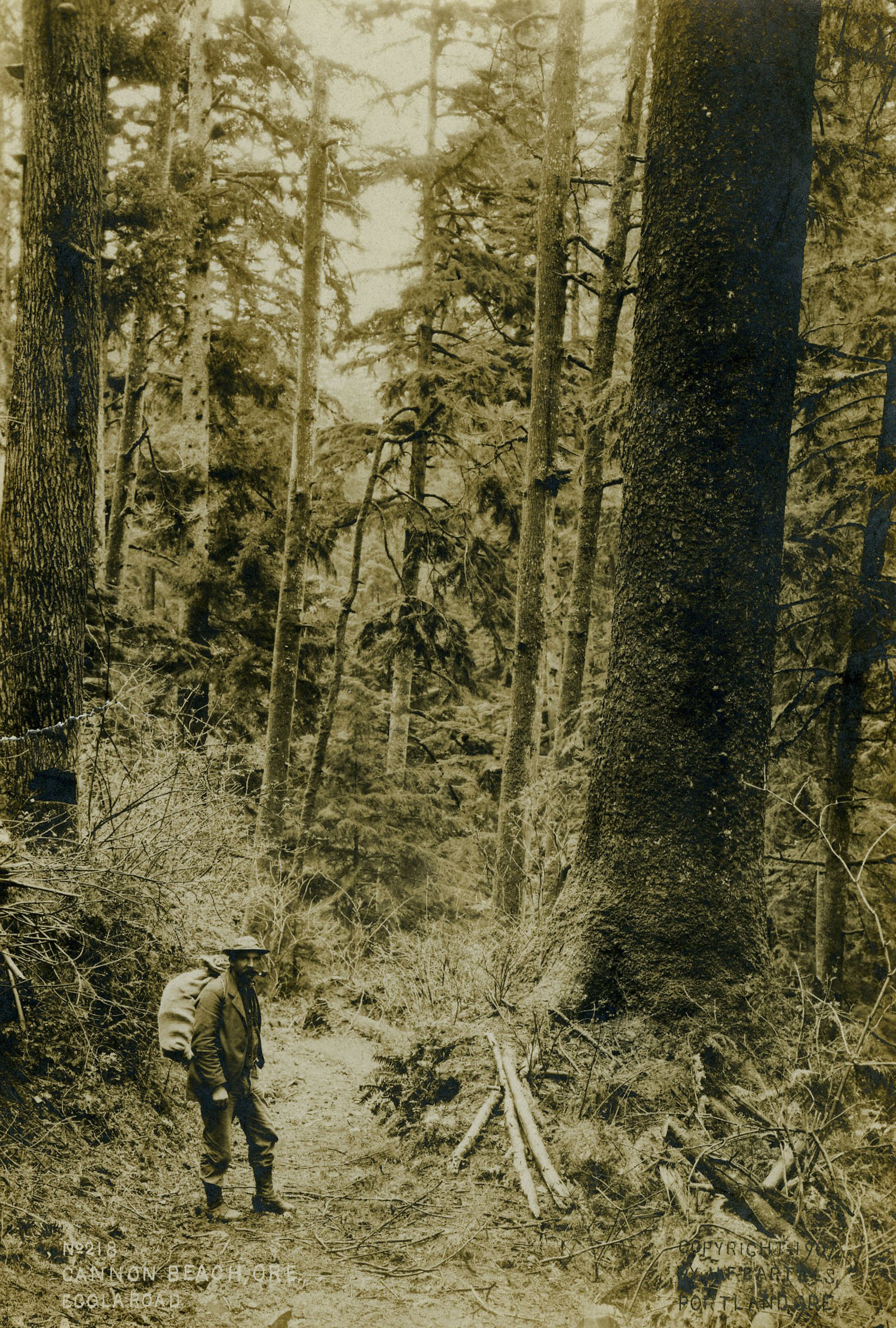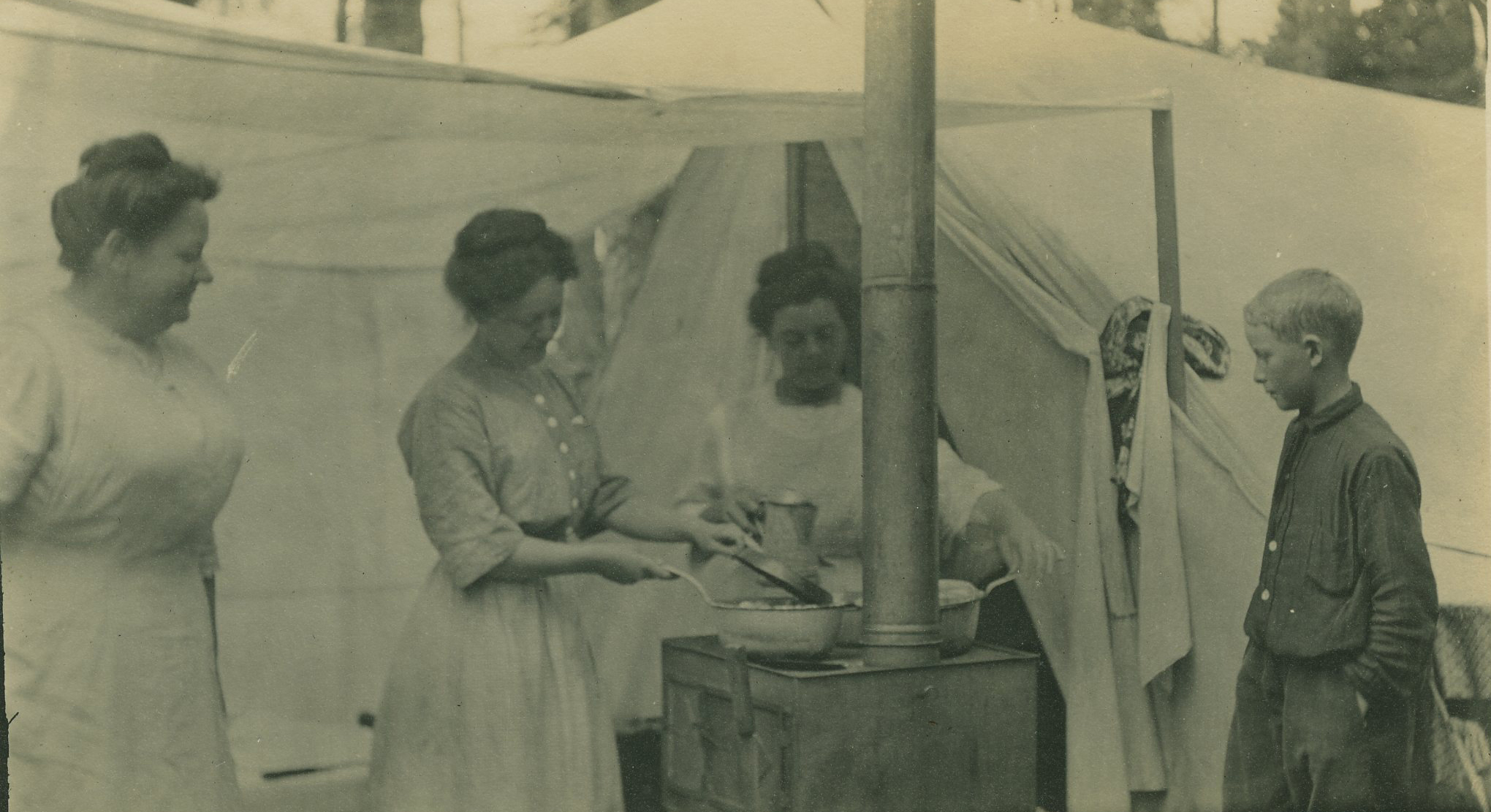
Recalling a time when life in Cannon Beach was simpler
The early 20th century was an uncomplicated time for Cannon Beach. It was an era for families, friends, and the simple life. Families who, at this time, traveled by stagecoach, wagon, or by foot. Long-time resident and author of “Comin’ in Over the Rock,” Peter Lindsey compares the journey from Seaside to Cannon Beach as “the Bataan Death March.” The road, barely more than a trail, was a muddy mess for most of the year. Despite the sad state of the roads, travelers paid the toll fees and made their way to the Elk Creek and Cannon Beach areas.

In 1903 a few intrepid businessmen founded the Elk Creek and Cannon Beach Land Company and quickly platted the area from Elk Creek to Haystack Rock — just west of the present-day Coaster Theater. The developers offered plots that were 50-by-100-feet for a mere $100 in hopes that they might encourage reticent travelers to come to the Cannon Beach area. The owner of the first home constructed in the plat would have their $100 returned to them.
During this budding real estate market there was another area undergoing similar development, referred to as Brooklyn Camp, located originally between Van Buren and Monroe streets. In Terrence O’Donnell’s book “Cannon Beach: A Place by the Sea,” he suggests that Brooklyn Camp received its name because many of the families that owned cottages in the area “were from the Brooklyn neighborhood in Portland.” O’Donnell goes on to say that this was Cannon Beach’s “first true ensemble of cottages.”
The Brooklyn Camp area was in use prior to the 1900s by families in tent camps. The area was just north of Monroe Street, and as families returned year after year they eventually began to build houses, of sorts. Certainly not what we would consider a house by today’s standards. Tent camps continued to be a summer get away well into the 1930s.

Cannon Beach families that can trace their roots back to this early time recall wooden homes constructed from driftwood, ship debris that washed ashore, held together with whatever supplies they could make or that was brought from the city (meaning Portland.) The homes were not constructed with the expertise of today, but surprisingly, still survived many Oregon coast storms.
Sadly, many of these historic cottages have been lost to wood rot, or expansion. Their quizzical charm and coastal daring lost for future generations that will see homes not as cottage pieced together with love and determination, but with an eye for safety and efficiency. Don’t despair! There are still precious few cottages in Cannon Beach that persist, lovingly cared for by those who just can’t help to love them.
The town, too, has grown from the difficult-to-get-to place, to a quick drive from Portland or Seattle. Hotels have replaced cottages, restaurants have come and gone, but the bubble that is Cannon Beach remains.
